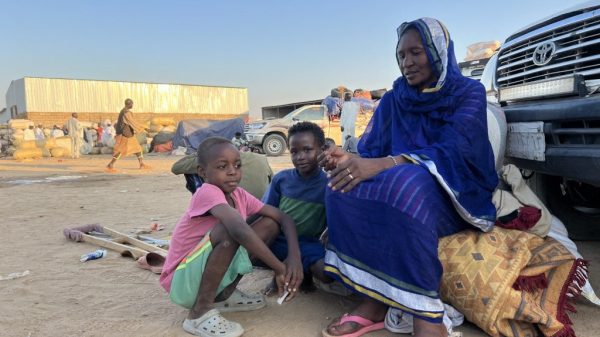The trial of the first vice president raises concerns over potential conflict in the nation.
The upcoming trial of Riek Machar, South Sudan’s first vice president, has ignited fears of escalating tensions within the country. Observers are concerned that the proceedings could serve as a catalyst for renewed violence, potentially plunging South Sudan back into conflict.
Machar, a prominent figure in South Sudan’s political landscape, has been a central player in the nation’s turbulent history since its independence in 2011. His trial is seen by many as a pivotal moment that could influence the future of governance and peace in South Sudan.
Critics argue that the trial is not merely a legal proceeding but a political maneuver that could exacerbate existing divisions among the country’s various factions. The government’s decision to pursue legal action against Machar has been interpreted by some as a provocation, raising fears that it could lead to violent confrontations.
Political Context
South Sudan has faced significant challenges since its formation, including civil war, economic instability, and humanitarian crises. The peace agreement signed in 2018 aimed to bring an end to years of conflict, but the political landscape remains fragile. Machar’s trial is occurring against this backdrop of uncertainty and mistrust among political leaders.
Supporters of Machar argue that the trial is politically motivated and designed to eliminate him as a rival. They contend that the legal proceedings could undermine the fragile peace process and lead to a resurgence of violence, particularly if his supporters mobilize in response to the trial.
Potential Consequences
The implications of Machar’s trial extend beyond the courtroom. Analysts warn that the outcome could significantly impact the stability of the government and the overall security situation in South Sudan. If tensions escalate, the country may face a return to armed conflict, which would have dire consequences for its citizens.
Moreover, the international community is closely monitoring the situation. The United Nations and various humanitarian organizations have expressed concerns about the potential for increased violence and the impact it could have on ongoing humanitarian efforts in the region.
International Reactions
International reactions to the trial have been mixed. Some countries and organizations have called for a fair and transparent legal process, emphasizing the importance of accountability in governance. Others have urged caution, warning that the trial could destabilize an already volatile situation.
As the trial date approaches, the political climate in South Sudan remains tense. The government’s handling of the situation will be crucial in determining whether the country can maintain peace or if it will descend into further conflict.
Conclusion
Riek Machar’s trial represents a critical juncture for South Sudan. With high stakes involved, the proceedings could either reinforce the rule of law or trigger a new wave of violence. The coming weeks will be pivotal in shaping the future of the nation and its quest for lasting peace.
Source: Al Jazeera
Key Points
- Riek Machar's trial raises fears of renewed conflict in South Sudan.
- The trial is seen as a political maneuver by some observers.
- Supporters argue it could undermine the fragile peace process.
- International community is closely monitoring the situation.
- The outcome may significantly impact the stability of the government.
Sources: Al Jazeera
